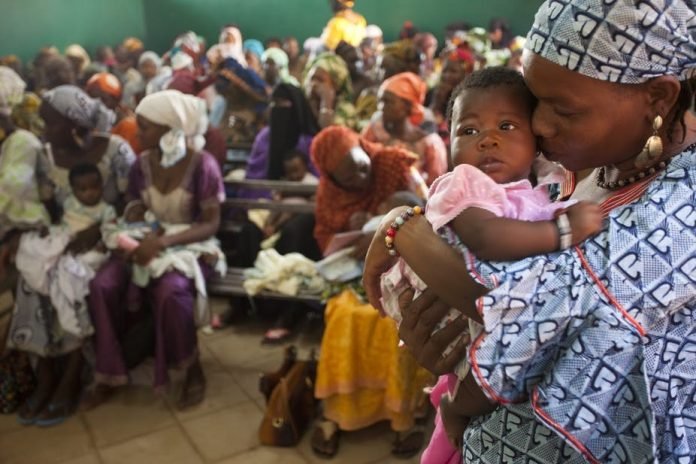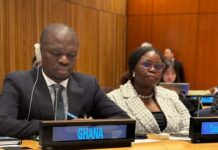
Ghana has been selected to host the 5th biennial international conference of African health economists and financing and policy experts.
The conference will deliberate on strategies towards attainment of Universal Health Coverage (UHC) on the continent, and seek to suggest Primary Healthcare (PHC) as the most important first step towards reaching this goal within various African countries.
The idea that governments should focus on primary healthcare was first proposed in 1978 at Alma Ata in the then Soviet Union, but has gained renewed emphasis in the era of universal health coverage as a concrete initial step to attaining the longer term goal. This was reaffirmed in the Astana (formerly Alma Ata) Declaration last year, to which many African countries, including our host country, Ghana, were signatories.
The new momentum to promote PHC as the foundation for attaining UHC is partly a recognition of the realities of low income and lower middle income countries (LICs/LMICs) who have more limited resources and must invest these very wisely in the very high impact and cost-effective PHC interventions that affect the greatest number of people as well as 90 percent of health conditions that affect people throughout their lives.
The Conference being organized by the Africa Health Economics and Policy Association (AfHEA) is under the auspices of the Ghana Health Service (GHS), the School of Public Health (SPH) of the University of Ghana, Legon and the Centre for Health Systems and Policy Research (CHESPOR) and is expected to host health ministers, top health policy makers, researchers, practitioners and students among others, in an attempt to push the PHC and Universal Health Coverage agenda on the continent.
This year’s conference slated for March 11-14 at the Kempinski Gold Coast Hotel in Accra, is on the theme, “Securing Primary Healthcare for all: the foundation for making progress on UHC in Africa,” and projected to be attended by well over 250 local and foreign participants.
AfHEA is an international health economics and policy organization dedicated to the promotion and strengthening of the use of health economics and health policy analysis in achieving equitable and efficient health systems and improved health outcomes in Africa, especially for the most vulnerable populations. It has supported health policy development in many countries on the continent.
Spending on healthcare on the continent has been low and is reflected in the health outcomes of many people living in Africa, especially south of the Sahara. Various attempts have been made to increase governments’ expenditure on health. These attempts have not been very successful.
The 2001 Abuja Declaration committed African Union countries to allocate at least 15% of their budget to improve the health sector. Tracking of budgets and expenditures by WHO has shown that no more than a few (usually less than 5) countries in any year manage to attain that target. Other, more pertinent, international health financing targets, such as the Macroeconomic Commission on Health and High Level Forum on Health Financing, which both advocate a more relevant per capita spending level on health by countries, have also been observed more in the breach. The inability to achieve these targets are a key reason why the health indicators of many countries are so poor and why their MDG targets were missed.
Like many other African countries, access to healthcare in Ghana is below average. The main vehicle being used to provide financial access to healthcare in Ghana is the National Health Insurance Scheme (NHIS) which has less than 40% coverage of the population.
It is believed that if governments would focus and channel a big part of their healthcare budget to providing access – financial and physical – to primary healthcare for all citizens, it would quicken the march to UHC and greatly improve the country’s health indicators.
Sustainable Development Goal (SDG) 3 advocates for good health and well-being. It also calls for the attainment of Universal Health Coverage, including financial risk protection and access to quality essential health-care services for all by 2030.
With Ghana holding the co-chairmanship of the UN’s Eminent Group of SDG Advocates, and health being a core part of the goals, it would be expected that the country takes the lead in ensuring that she reaches the goals even faster. Some experts have opined that a focus on primary healthcare provides a good opportunity to attaining goal 3 of the SDGs.
Source: Ghana/Starrfm.com.gh/103.5FM




